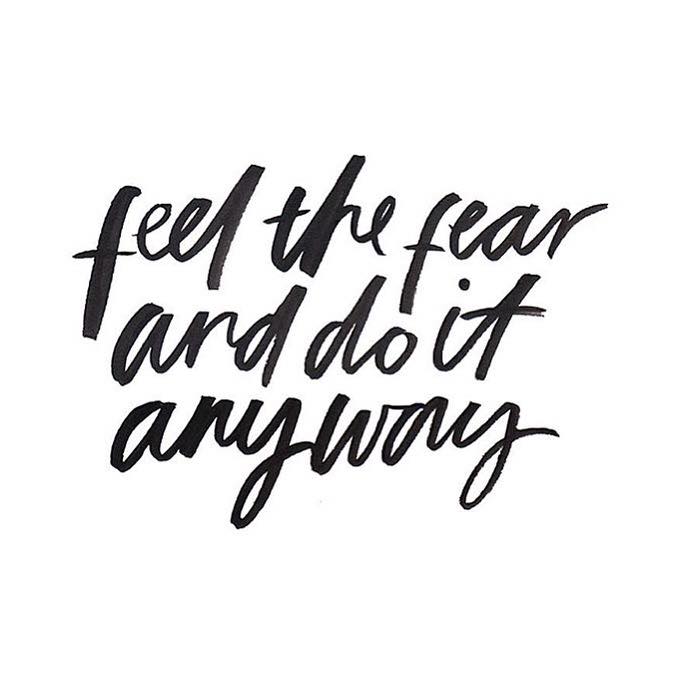I feel like it's been a while since I last
made a post. I've become very open about my mental health and I think that's a
good way to be, so this may be a bit of a ramble so bear with.
At the beginning of August, I
made the extremely difficult decision to come off my antidepressants and
anti-anxiety medications. These medications have helped me an enormous amount
over the past 4 years, but after swapping between at least six different medications,
the side effects were out-weighing the benefits. Upon doctor's recommendation I
decided I would come off my antidepressants first. I have never felt so scared
about something in my life. I was about to withdraw from something that had
kept my head above water and was my ‘crutch for when things went wrong'. I was
apprehensive because I was experiencing full relief from depressive disorder
for the first time in years. Although, I felt determined that CBT (cognitive
behavioural therapy) had altered my brain patterns and that my
brain would find it's natural balance again without medication.
I began reading up on all of
the withdrawal side effects that I may experience, which in all honestly,
nearly put me off! I have now been reducing my medication for the past 2
months, and because I was on the highest dose, I have weened it down to half
the lowest dose at the moment. The first withdrawal signs I noticed was a worsening spike in my
anxiety. The first three days were absolutely dreadful and I felt on edge,
extremely tearful and very dizzy. After that, I was extremely irritable and
tried hard not to snap at everyone. In the past few days, after reducing them down
further, my mood has worsened. I have felt unenergised, foggy, disinterested
and flat. I know these next few months are not going to be easy. I have read that
reducing the final dose down to zero is the hardest because your brain has to
start adjusting to no medication. I am hopeful that once I am off them fully my
brain will work itself out.
It is very important for me to remember to
take extra care of myself during this process. Allowing myself to eat yummy
things, socialise, exercise when I feel like I can, but most importantly-
allowing myself time to heal.
The prospect of living my life without
these medications and their side effects would be wonderful. But it’s also okay
if things don’t go as planned and I have to go back to them- but, of course, I
will give it my best fight first!
I’m going to leave this post here before I
ramble any longer. But I would like to leave this quote that I found yesterday
that really helped me:
“When people say ‘recovery’, you typically
think of returning to how you were before your illness. You do not merely
recover, but reinvent yourself. You become something completely different from
what you were before.”
❤

